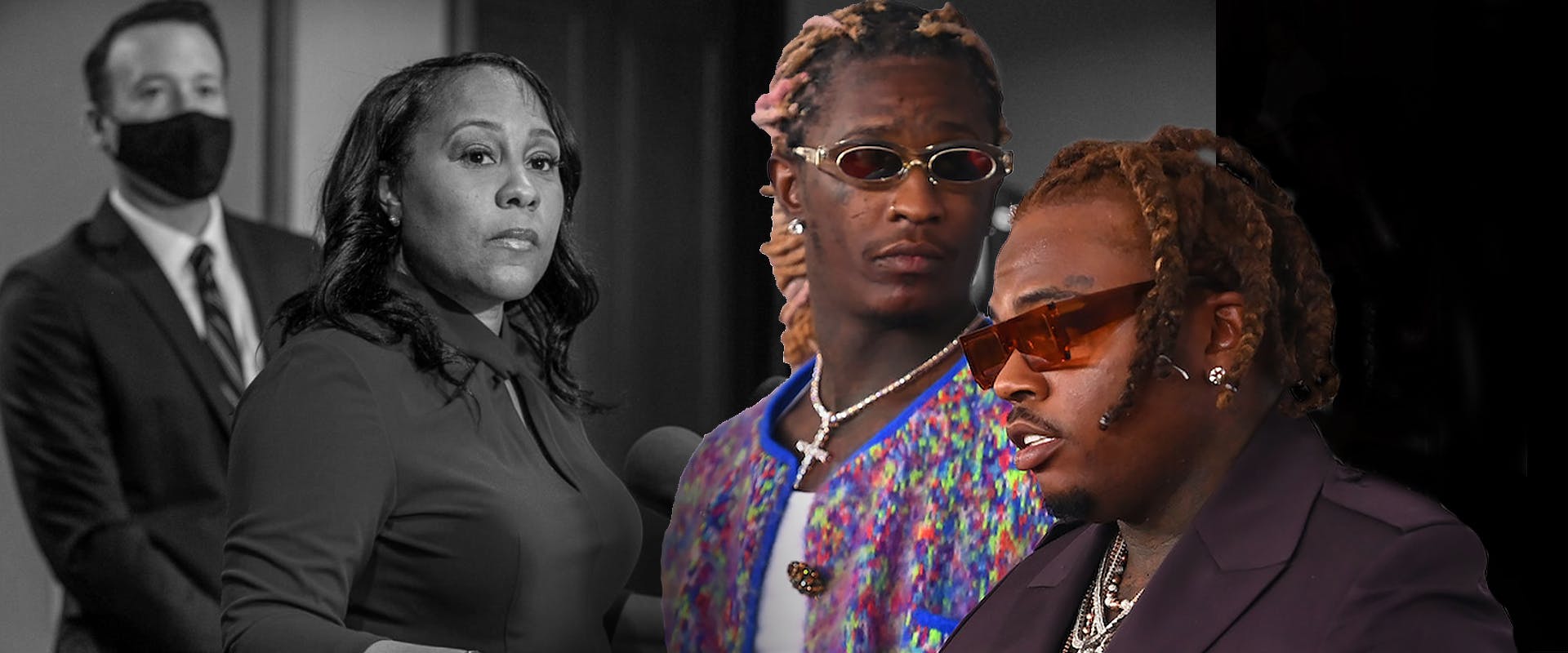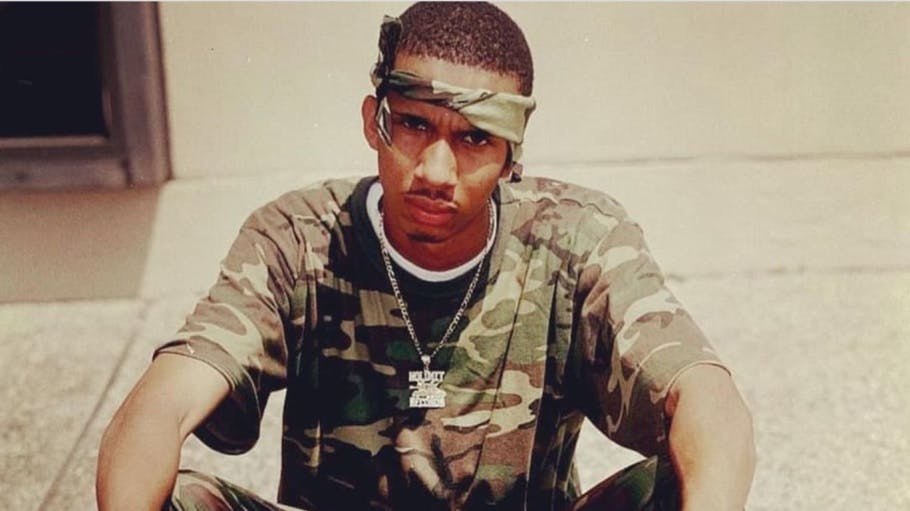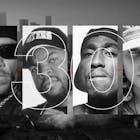
social commentary
Young Thug, RICO and Rap Lyrics On Trial
Young Thug, RICO and Rap Lyrics On Trial
Published Wed, June 1, 2022 at 12:00 AM EDT
Lyrics can change the course of a rapper's life for the better. But in the case of Young Thug and Gunna, their rap lyrics could be used as key evidence that can lead to them serving years in prison.
But when it comes to art serving as evidence in a crime, rap stands as the only entertainment medium where prosecutors use elements of the artform to secure a conviction.



No other fictional artform is treated that way. And there are plenty of other genres that are replete with violence, whether it's gangster movies, novels, hardcore punk, or horror. It’s not hard for us to understand that these are fictionalized. What you see with rap music is that it is isolated because it's a combination of people believing that rap is real, or young Black men, who are the primary producers of it, are incapable of creative thought."
- Erik Nielson (author, RAP LYRICS ON TRIAL)
But what happens when the alleged crimes of certain members impact an entire crew?

This country was built on the blood of slavery. So any way that they can put Black bodies in jail, they’ll find a way to do it.”
- David Banner
"And I don't agree with that at all.”






